Famous Events In History That Never Actually Happened
From Paul Revere to Martin Luther, these stories aren’t what you think!
Growing up, we learned a lot about history that turns out… not to be true. Sure, there are some truly great stories of heroes and heroines, as well as some unfortunate and untimely tragedies. However, some of these stories have been over-dramatized throughout the generations, to the point that some have been almost fabricated completely! Check out this list of events that we probably all learned in history class, but never actually happened. Or, at least didn’t happen the way they were taught.
Paul Revere
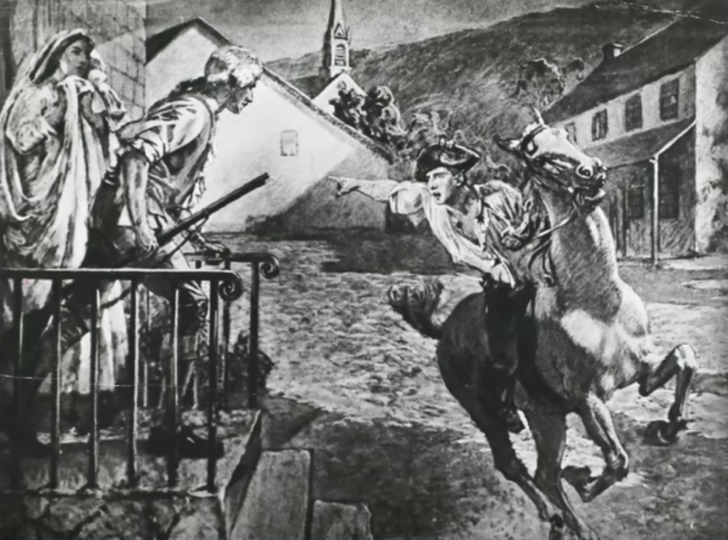
What’s the first thing that pops into your head when you hear the name, “Paul Revere?” The British are coming! The British are coming! Unfortunately, Paul Revere never actually said those words. He also didn’t receive the message, “One if by land, two if by sea,” he sent the message. In addition to these facts, Paul Revere was just one of many riders that fateful night on April 17th, 1775. The only thing recorded specifically about Paul Revere is that people told him he was being too loud. So, how did this account get so far off track? We have Henry Wadsworth Longfellow to thank. Longfellow wrote the famous poem, “Paul Revere’s Ride,” in which he greatly simplified the actual event, as well as got a few details wrong. All this to say, Paul Revere is certainly still a great hero in American history, but… things didn’t happen quite like we always learned in school.
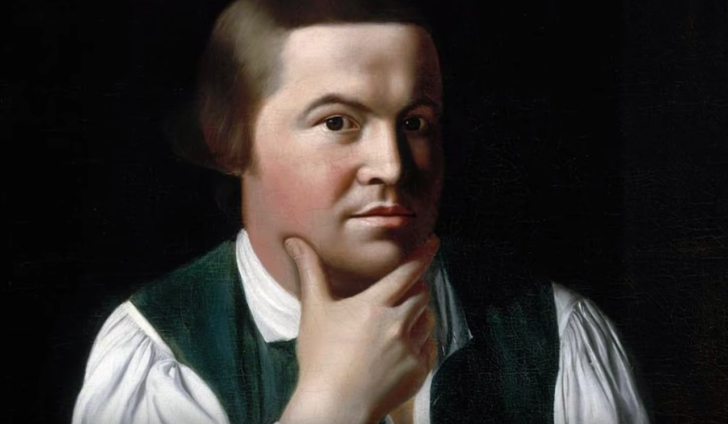
George Washington Cherry Tree
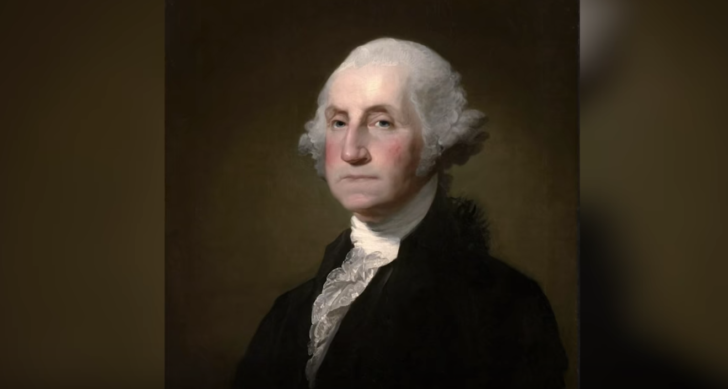
We all know a few facts about George Washington. He was the first president. He’s on the $1. And he chopped down a cherry tree when he was a kid. According to the story, young George was given a hatchet (who would hand a hatchet over to a kid is probably the first thing that doesn’t add up). Anyway. George supposedly then used the hatchet to chop down a cherry tree. When his dad confronted him, George said the famous words, “I cannot tell a lie. I did cut it down with my hatchet.” You might be disappointed to know that none of this actually happened. The story was first introduced in the 5th edition of an 1806 biography of Washington’s life. The author, Mason Locke Weems, wanted to tie Washington’s political success to a life of virtue.
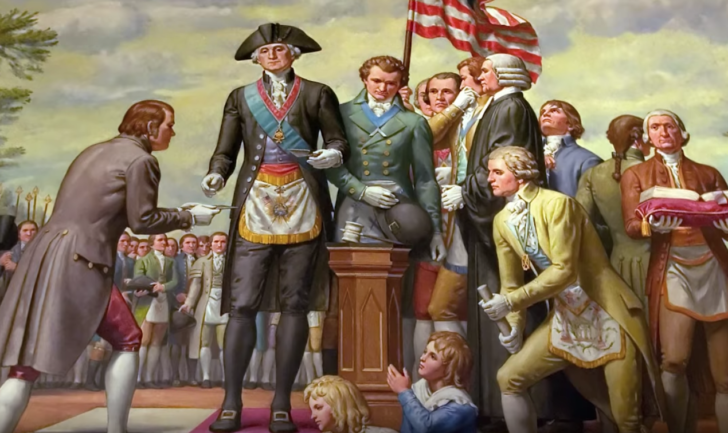
Benjamin Franklin & His Kite
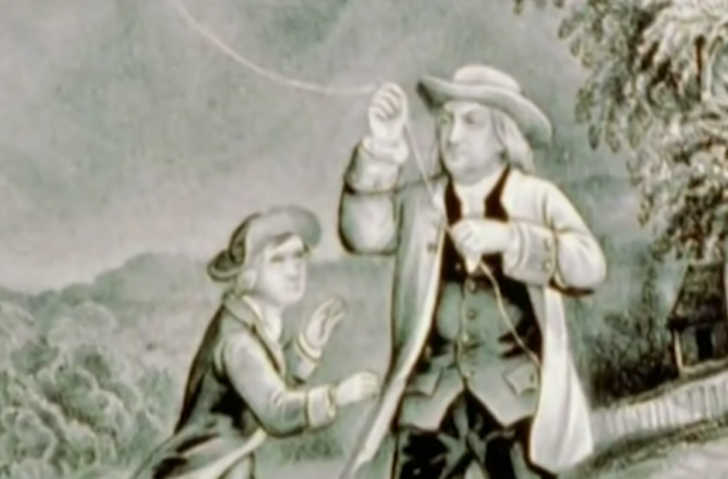
We all know the story. Ol’ Ben tied a key to the end of a kite and flew it out in a thunderstorm, consequently discovering electricity when lighting struck the kite and zapped Ben Franklin. Unfortunately… this isn’t quite accurate. In fact, a lot of this story is completely made up, starting with the fact that if Ben was actually zapped with that much electricity, he would have been burnt to a crisp. The kite experiment was discussed in a letter to a fellow inventor and scientist, but there is no evidence that he went through with it.
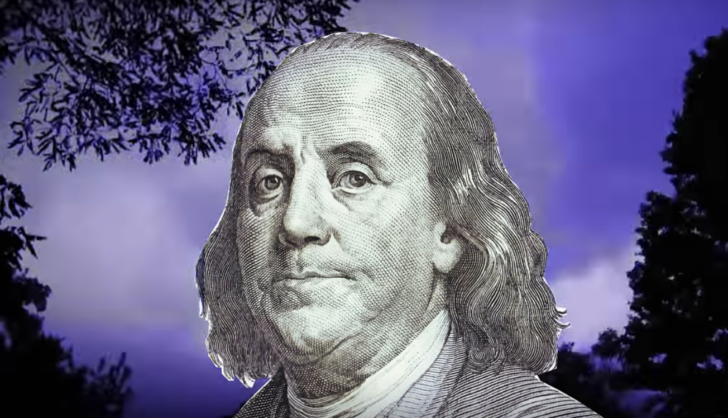
Christopher Columbus
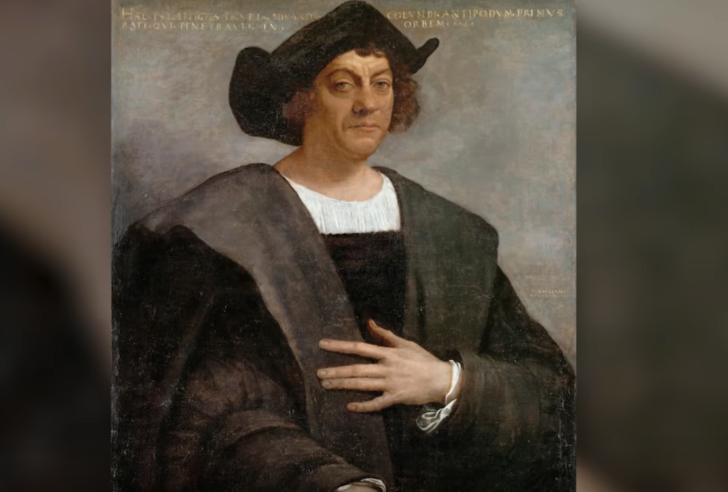
Almost everything we were taught about Christopher Columbus is bogus, starting with the fact that he “discovered” America. Aside from the fact that there were already millions of people inhabiting the land when he got there, Columbus wasn’t even the first European to land in America. Leif Erikson is thought to have come across the land first in his many travels. You might be surprised to know that Columbus didn’t even set foot in North America… he only traveled to a few islands in the Carribean.
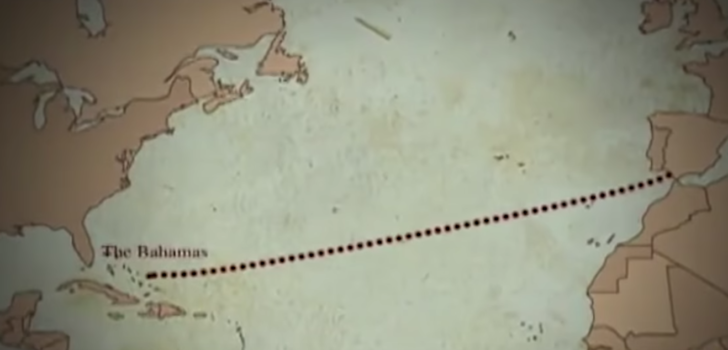
Martin Luther’s 95 Theses

Most of us learned about the monk, Martin Luther, and his list of problems with the Catholic church. According to the story, Luther nailed the list to the door of a Catholic church on Halloween in 1517, thus sparking the Protestant Reformation. While this is an exciting and dramatic story, historians say the whole nailing the theses to the door likely never happened. For starters, the story was reported decades after Luther died, and there is no mention of the incident during Luther’s lifetime. Also, Luther claimed to be a devout Catholic, all the way until his dying breath. So, it doesn’t seem to line up with his character to make such a bold, offensive move to the powers that be. He did, of course, actually have his 95 theses, and he spoke about them openly, even talking with prominent leaders in the Catholic church, asking them to consider his point of view. The true story doesn’t make Luther any less influential, but it might be a little less dramatic.
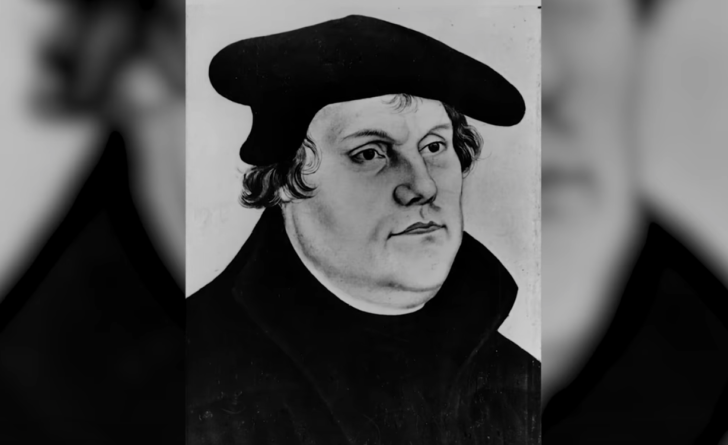
Watch the video below to learn more about some of the sensationalized stories we learned about in history class!
SKM: below-content placeholderWhizzco for DOT

